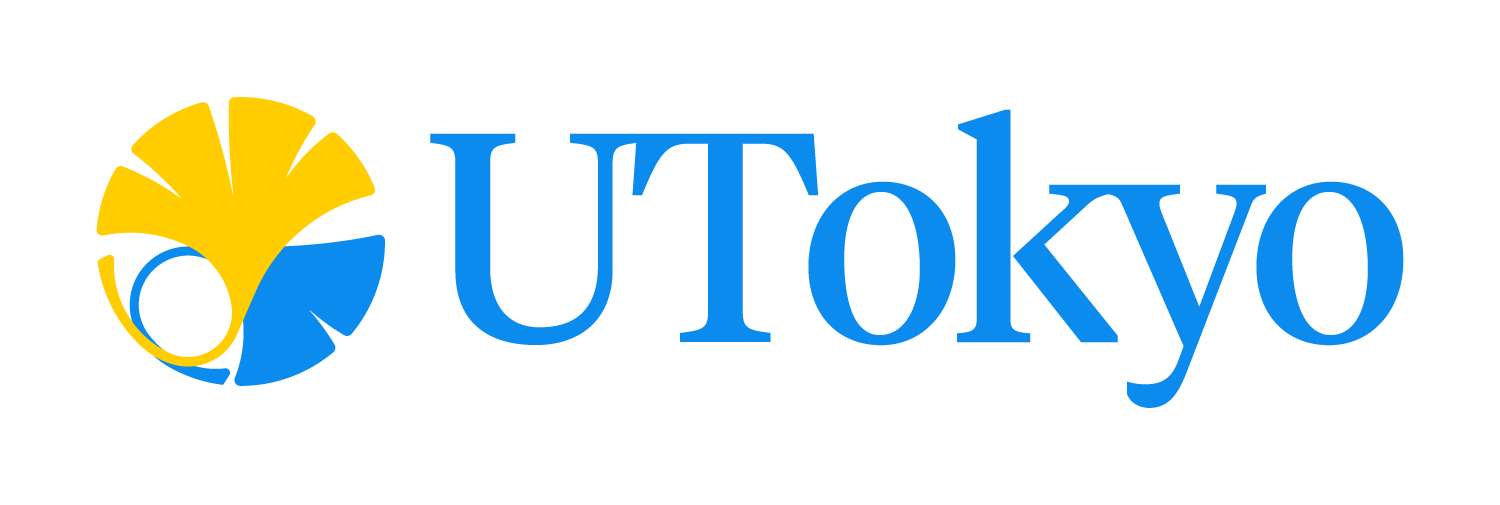-
- ■産学連携
- 国際交流
- ダイバーシティ
- 情報理工学の創造的展開プロジェクト
- 受賞・表彰
2025年度研究科授業時間割(AY2025 IST Course Timetable)
共通科目コード(Course Numbering Code)
研究科共通(Common Subjects)
創造情報学専攻科目一覧

Copyright © 2019 Graduate School of Information Science and Technology, The University of Tokyo
